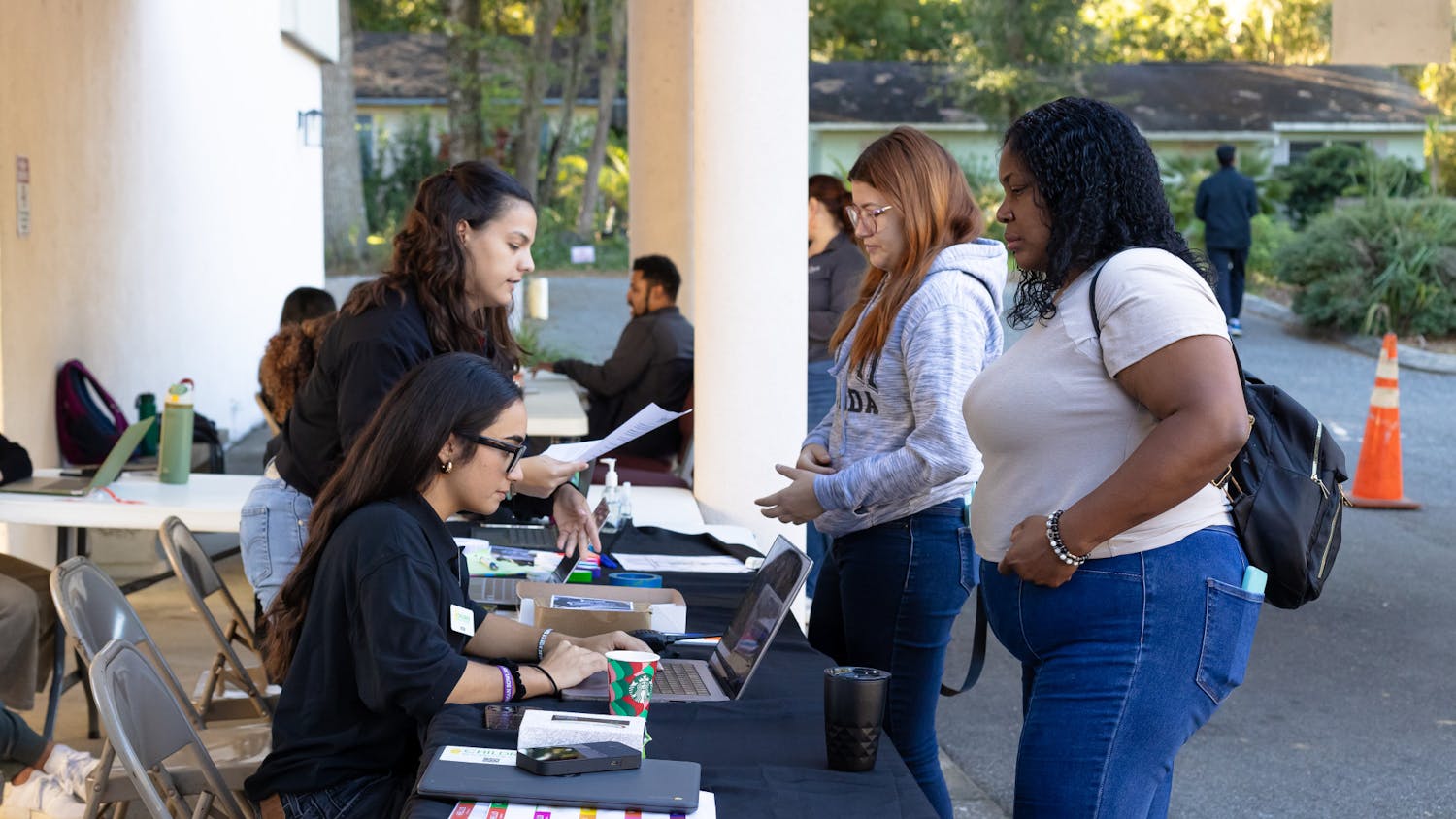UF's Florida Tomorrow capital campaign is experiencing a slow-down in donations due to the national economic decline, and university officials said they are bracing for tougher times ahead.
Paul Robell, head of the UF Foundation, which oversees UF donations and endowments, said the economy could be a severe detriment to the campaign - the largest fundraising effort in UF's history.
UF hopes to raise $1.5 billion by September 2012.
"The biggest predictor of fundraising success is the stock market, and when the stock market is down and volatile like it is now, it negatively affects fundraising," Robell said.
To date, UF has raised a total of $612 million in gifts and pledges. The campaign started in July 2005 and entered the public phase in September 2007.
Since the public phase began, UF has received a record-high $100 million in donations. But Robell said that number doesn't mean UF's campaign is safe from economic trouble.
That public phase included December - historically the most successful fundraising month because it's the last chance to write off donations for that year's taxes, he said.
In December 2007, UF received $47 million in gifts, Robell said.
However, he said donors expressed concern about the economy in January and February, which could decrease their ability to give to the campaign.
He said this is new territory for UF, which has never conducted a capital campaign during an economic downturn.
The most similar situation was during UF's first capital campaign in the 1980s when the stock market crashed for a day, he said.
But it wasn't an extended downturn, and UF's campaign was able to recover.
In contrast, Robell said the market has gone down about 10 to 15 percent in the last year.
He said UF had to adjust its strategy to target donors who aren't being hit as hard by the economic problems.
If the economy worsens, he said all UF can do is "work harder and smarter."
"You just do the best you can do," he said.
Before a Faculty Senate meeting Thursday, UF President Bernie Machen said economic troubles don't affect the donors he usually talks to because they tend to be older people with more established wealth.
Machen said younger donors are probably reluctant because they're trying to make their own way financially.
But he said UF is still ahead of its fundraising projections, so not all hope is lost.
Robell said some donors have also expressed concern about UF's budget crisis, but he said UF doesn't use its funding troubles to encourage more donations.
"It's not the most attractive fundraising strategy," he said. "You don't want to say, 'Give us money because we're in trouble budget-wise.'"





